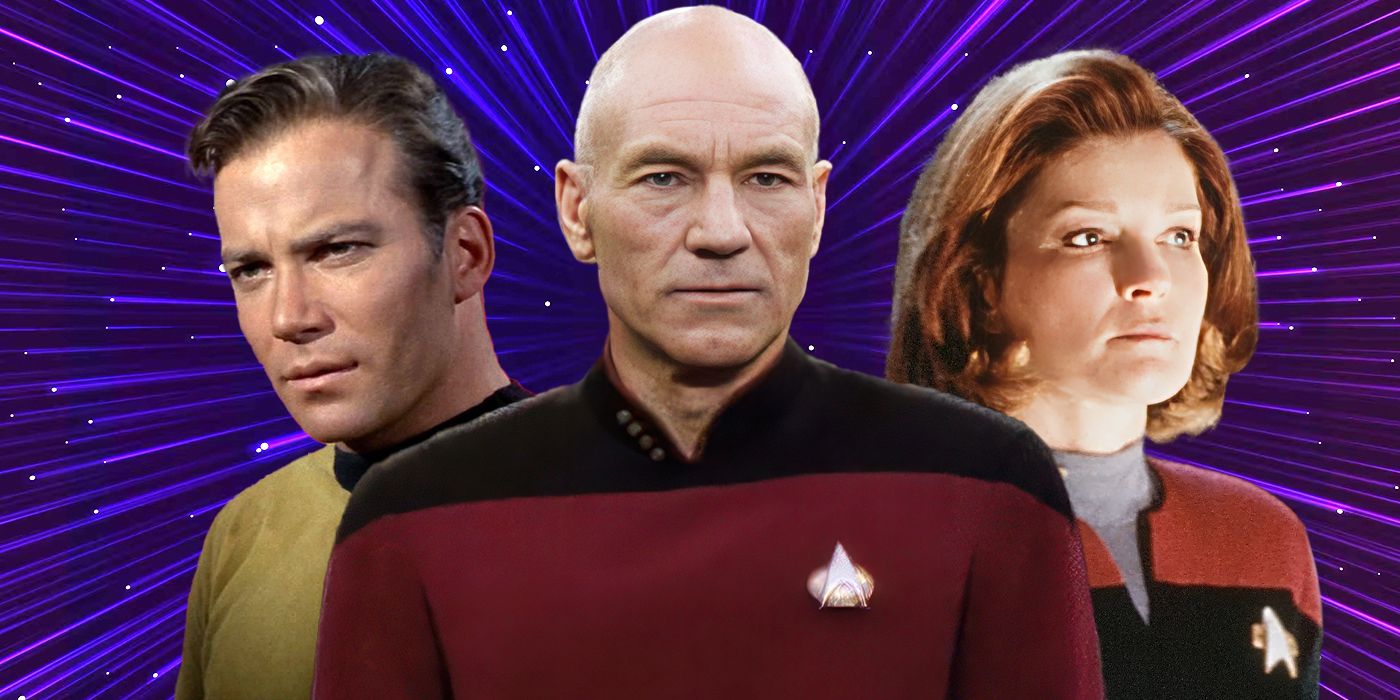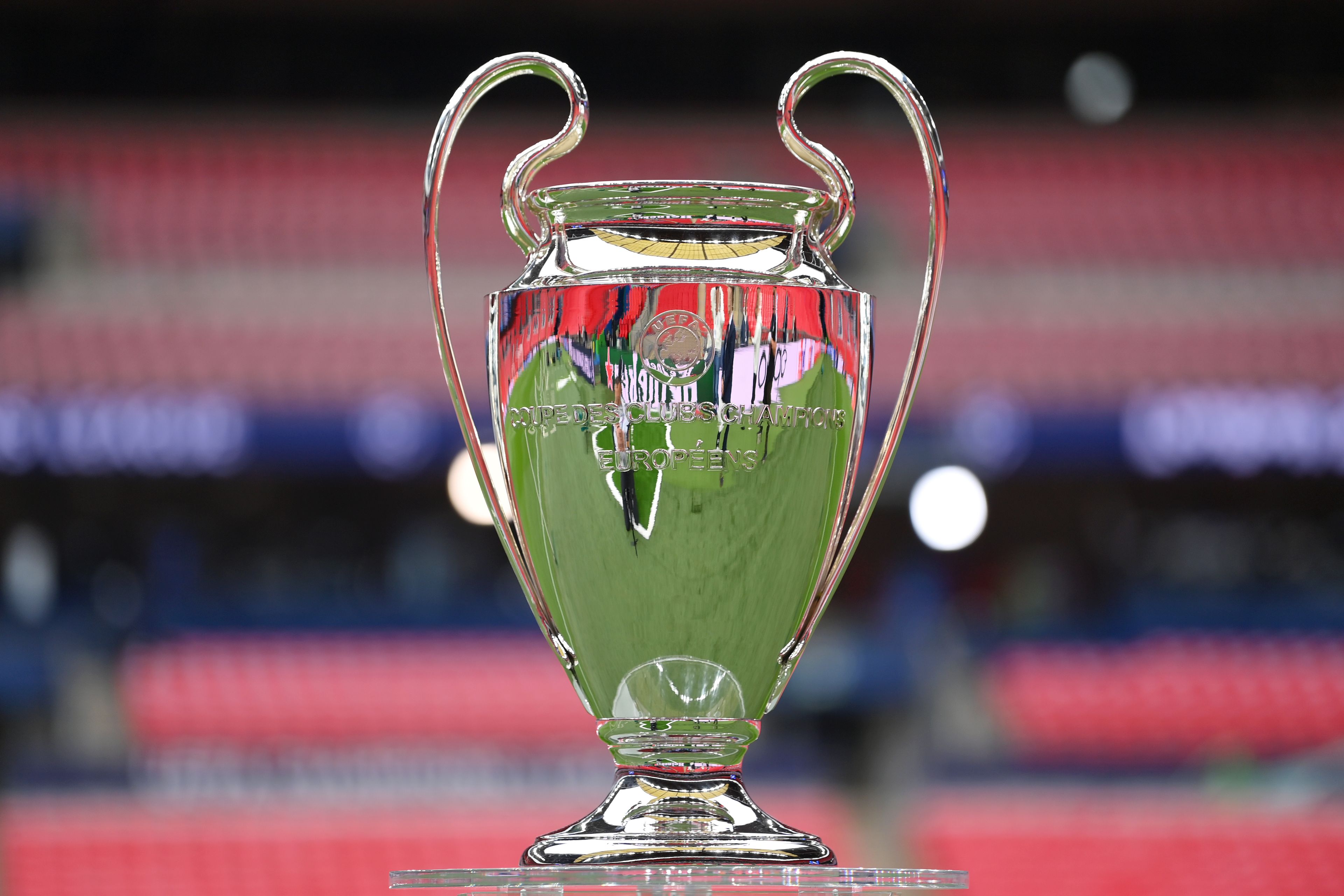The Unveiling of Destiny: Anticipating the Next El Clásico Match Schedule
Few sporting events on the planet command the global attention, historical weight, and sheer emotional intensity of El Clásico. It is more than just a football match; it is a cultural phenomenon, a political proxy, and a theatrical stage where legends are forged and dreams are shattered. The clash between Real Madrid and FC Barcelona transcends the ninety minutes of play, resonating deeply within the hearts of millions and shaping the narrative of an entire season. As the football calendar progresses, one question invariably looms large in the minds of fans worldwide: When is the next El Clásico?
While the precise date and kick-off time for the next installment of this epic rivalry often remain shrouded in anticipation until closer to the event, understanding the dynamics of its scheduling, the historical context that elevates its significance, and what to expect from the spectacle itself is crucial for any ardent follower of the beautiful game. This article will delve into the intricacies of anticipating the next El Clásico, exploring the factors that influence its scheduling, the unparalleled legacy it carries, and the thrilling prospects it promises, all while acknowledging the fervent global wait for its official announcement.
The Enduring Legacy: More Than Just a Game
To truly appreciate the anticipation surrounding El Clásico’s schedule, one must first grasp the profound historical and cultural tapestry from which it emerged. Born from deep-seated rivalries between Spain’s two most influential cities – Madrid, the seat of the central government, and Barcelona, the capital of the autonomous region of Catalonia with its distinct language and culture – the match became a symbolic battleground. During the Franco dictatorship, it morphed into a representation of the struggle between the centralist regime and regional identities, imbuing every tackle, every goal, with immense political and emotional weight.
Over the decades, this rivalry evolved on the pitch, defined by an endless parade of footballing titans. From Alfredo Di Stéfano’s revolutionary impact at Real Madrid to Johan Cruyff’s philosophical revolution at Barcelona; from the intense personal duel between Cristiano Ronaldo and Lionel Messi that defined an era, to the current generation featuring prodigious talents like Vinicius Jr., Jude Bellingham, Robert Lewandowski, and Pedri – El Clásico has consistently showcased the zenith of individual brilliance and collective tactical mastery.
The sheer volume of silverware accumulated by both clubs – Real Madrid with their record 15 Champions League titles and numerous La Liga crowns, and Barcelona with their five Champions League trophies and dominant spells in Spain – ensures that almost every encounter carries significant implications for league titles, cup glory, or European qualification. The aggregate viewership for El Clásico regularly surpasses that of the Super Bowl, making it the most-watched club football match globally, a testament to its universal appeal and the magnetic pull of its storied past.
The Quest for the Next Fixture: Unveiling the Schedule
Unlike fixed annual events, the scheduling of El Clásico is a dynamic process influenced by multiple variables, primarily determined by La Liga, the Spanish top-flight football association. Typically, there are two guaranteed league fixtures between Real Madrid and FC Barcelona each season – one played at Real Madrid’s Santiago Bernabéu Stadium and the other at FC Barcelona’s home ground (currently Estadi Olímpic Lluís Companys due to Camp Nou renovations).
The Unveiling Process:
La Liga releases its full fixture calendar for the upcoming season, usually in July. This initial calendar provides the matchday for each fixture (e.g., Matchday 11, Matchday 32). However, the precise date and kick-off time for individual matches, especially high-profile ones like El Clásico, are often confirmed only a few weeks, sometimes even a month or two, in advance. This staggered announcement is primarily due to:
- Broadcasting Rights and Time Slots: La Liga’s global broadcasting partners require specific time slots to maximize viewership across different time zones. El Clásico is always placed in a prime-time slot, often on a Saturday or Sunday afternoon/evening (CET).
- European Competition Commitments: Both Real Madrid and FC Barcelona are perennial participants in the UEFA Champions League. Their European fixtures (usually played on Tuesdays or Wednesdays) heavily influence their domestic league schedule. La Liga aims to avoid scheduling a demanding El Clásico too close to a crucial Champions League tie to ensure player recovery and optimal performance.
- Copa del Rey and Supercopa de España: While less frequent, Clásicos can also occur in cup competitions. The Copa del Rey is a knockout tournament, and draws determine pairings. The Supercopa de España, a four-team tournament usually held in January in a neutral location (often Saudi Arabia), guarantees a Clásico if both teams reach the final, or even the semi-final if drawn against each other. These cup fixtures add unpredictable elements to the overall Clásico count for a season.
- International Breaks and Player Fatigue: The FIFA international match calendar also plays a role. La Liga attempts to avoid scheduling major clashes immediately after or before an international break to ensure all players are available and not excessively fatigued from national team duties.
- Security and Logistics: Given the immense crowds and the high-profile nature of the event, local authorities and stadium security need ample time to plan and execute security measures.
Where to Find the Official Schedule:
When the next El Clásico is officially scheduled, the most reliable sources for confirmation will be:
- La Liga’s Official Website: LaLiga.com
- Official Club Websites: RealMadrid.com and FCBarcelona.com
- Reputable Sports News Outlets: Major sports news channels and websites (e.g., ESPN, BBC Sport, Sky Sports, Marca, AS) will widely report the confirmed date and time.
Fans should remain vigilant of these channels as the season progresses, particularly around the traditional fall (October/November) and spring (March/April) periods, which often host the league fixtures.
What to Expect from the Next El Clásico: A Glimpse into the Spectacle
Regardless of the specific date, the next El Clásico promises to be a captivating encounter, defined by several key elements:
1. The Tactical Battleground:
At its core, El Clásico is a chess match between two of the world’s most astute footballing minds. Whether it’s the pragmatism of Carlo Ancelotti against the possession-based philosophy of a Barcelona coach, the tactical setups are always fascinating. Expect intricate pressing schemes, strategic midfield battles, and calculated risks. Both teams typically aim to dominate possession, but their approaches differ – Real Madrid often preferring a more direct, counter-attacking style with explosive wingers, while Barcelona historically emphasizes intricate passing and positional play. The game will be won and lost in midfield, where control of the tempo and supply lines to forwards are paramount.
2. Star Power and Individual Brilliance:
The pitch will be graced by a constellation of footballing stars. For Real Madrid, the electrifying pace and dribbling of Vinicius Jr., coupled with the sublime midfield artistry and goal-scoring prowess of Jude Bellingham, and the enduring class of Luka Modrić and Toni Kroos, will be key. On Barcelona’s side, the clinical finishing of Robert Lewandowski, the creative genius of Pedri and Gavi (if fit), and the defensive solidity of Ronald Araújo will be vital. The individual duels – Vinicius vs. Araújo, Bellingham vs. Gavi/Pedri, Lewandowski vs. Rüdiger/Militão – will be worth the price of admission alone. A moment of magic from any of these players can instantly turn the tide of the game.
3. Electrifying Atmosphere:
Whether played at the iconic Santiago Bernabéu or the temporary home of Barcelona, the atmosphere will be nothing short of breathtaking. The roar of the crowd, the sea of white or blaugrana, the elaborate tifos, and the relentless chanting create an almost gladiatorial arena. The home support acts as a twelfth man, providing an intimidating environment for the visiting team and an immense boost for their own. The intensity on the field is matched only by the passion in the stands.
4. High Stakes and Compelling Narratives:
Every El Clásico carries significant weight. Often, these matches are pivotal in the La Liga title race, with three points providing a massive psychological and numerical advantage. Beyond the league, there’s always the battle for bragging rights, the desire to avenge previous defeats, and the personal pride of being on the winning side of football’s biggest derby. For players, a standout performance in El Clásico can define their season or even their career. New signings face their ultimate test, while veterans seek to cement their legacy.
5. Evolution and Adaptation:
Both teams are constantly evolving. The next El Clásico will likely showcase new tactical wrinkles, the emergence of fresh talents, or the adaptation of existing stars to new roles. Coaches will have spent countless hours analyzing their opponents, looking for weaknesses to exploit and strengths to nullify. The game is a living, breathing entity, and each Clásico is a unique chapter in its ongoing saga.
Beyond the 90 Minutes: The Global Impact
Once the final whistle blows, the impact of El Clásico reverberates far beyond the stadium walls. The post-match analysis dominates sports media for days, dissecting every decision, every goal, and every controversy. Social media explodes with debates, memes, and fan reactions from every corner of the globe. Economically, the match generates massive revenue through broadcasting rights, merchandise sales, tourism, and betting. For football purists, it’s an opportunity to witness the highest level of the sport, a masterclass in skill, strategy, and sheer will.
Conclusion: The Wait is Part of the Magic
The anticipation for the next El Clásico is a unique part of its allure. While the precise schedule remains to be confirmed, the wait itself builds an almost unbearable excitement, a collective yearning for football’s grandest spectacle. It allows fans to speculate, debate, and dream about the tactical battles, the individual brilliance, and the dramatic moments that are sure to unfold.
When the official announcement finally arrives, it won’t just be a date and time; it will be the unveiling of a global event, a fixed point in the football calendar around which millions will orient their lives. The next El Clásico will once again be a testament to the enduring power of football, a vibrant display of rivalry, passion, and unparalleled talent. It is not merely a game; it is an experience, a phenomenon, and a truly unmissable chapter in the beautiful game’s continuing story. So, keep an eye on those official channels, for the moment the schedule is confirmed, the countdown to another legendary encounter will truly begin.



